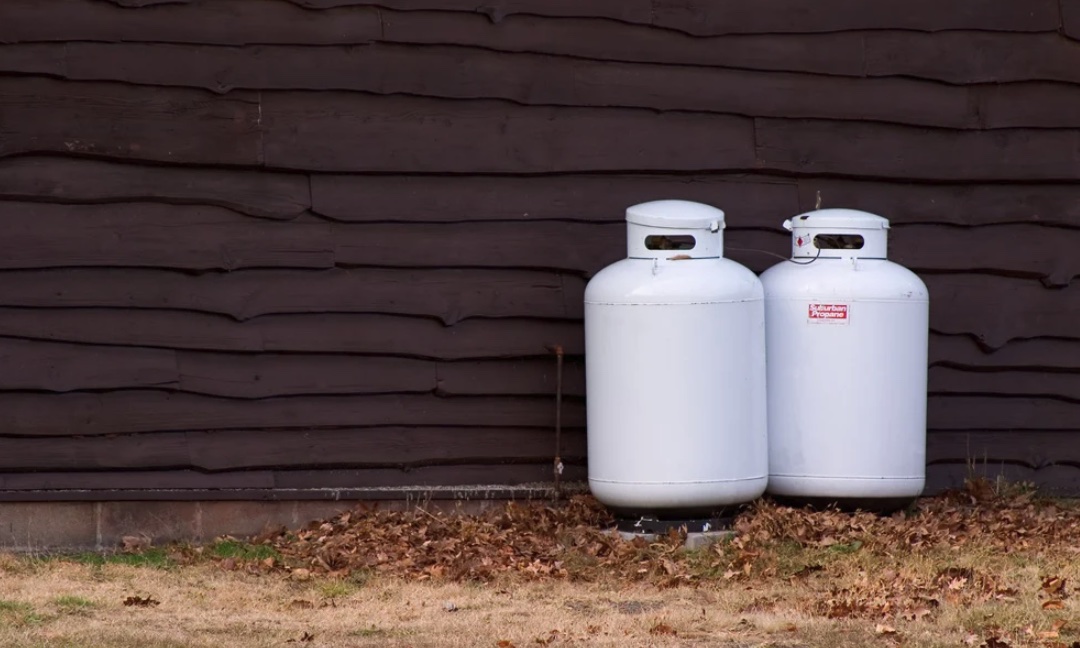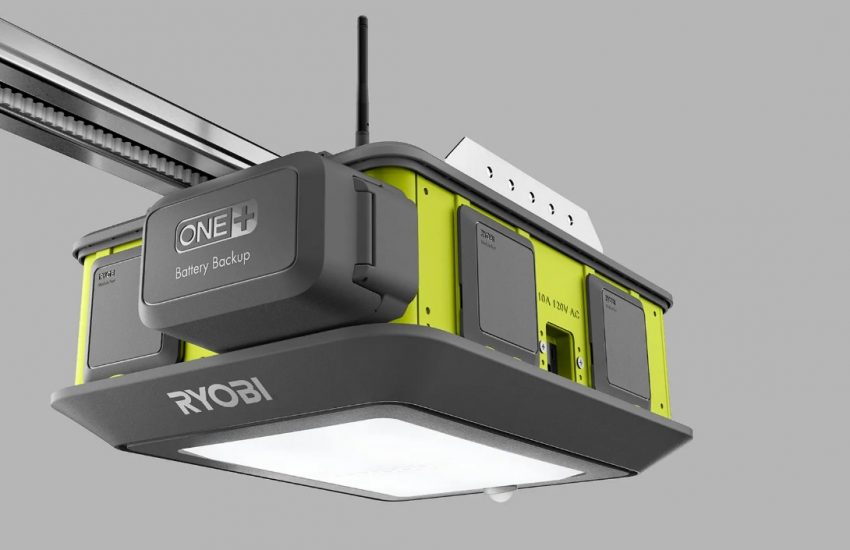Can You Store a Propane Tank in the Garage?
Storing a propane tank is serious business as failure to do so it unequivocally hazardous. 3000 propane fires are reported annually with a mortality rate of 7%. This means that whether you are storing small propane tank for emergencies or a large propane tank for grilling, you need to be extra cautious.
Keep reading to learn how to store a propane tank.
Can I store propane tank in a hot garage?
No. Exposing propane tanks to heat over 120˚ Fahrenheit may cause a leak or, worse, combustion. Storing a propane tank indoors can raise the temperature inside the tank, which can be a fire hazard. As such it is not advisable to store a propane tank indoors in summer.
While you could store a propane tank in the garage, you really shouldn’t. Keeping the tank outside or in a dedicated well-aerated shelter reduces the risk of fires and explosions in case of leaks.
Can you store propane tank in the garage in winter?
Yes. While storing a propane tank in the garage is frowned upon, it is advisable to store your propane tank away from areas that collect excessive moisture or snow. However, it is not advisable to store a propane tank in an attached garage for fire safety reasons. Especially during the hot summer months.
The key issue is storing your propane tank in a warm garage that is attached to your house as this can cause fire to spread rapidly. You can only store an empty tank in your attached garage.
You should always remember that if you store a tank in your garage and it has a leak, the spark of starting a car or lawn mower could cause a fire. This means you should always be cautious when storing gas in you garage. Especially if you are using it for other purposes.
How to store a propane tank in the garage (if you do not have other options)
You can store your propane tank in a detached shed garage if it’s well-ventilated. Keep it away from anything that’s flammable or combustible as well as electric tools. Place it on the floor so it doesn’t fall or get knocked over. A completely empty tank is safe to store in an indoor area at a moderate temperature.
Additionally, covering up your propane tank with a plastic tarp will keep ice from building up on the tank and snow off of the tank. Assuming your garage is not properly insulated. This will prevent resting and helped extend the life of your tank.
Store propane tanks upright, never on its side or upside down. If the valve on the top of the tank is not in an upright position, it may get compromised. This can cause gas to leak out if the tank is left on its side for any length of time.
Keeping your tank stored in a safe place where it won’t get knocked over will help ensure that spilled gas won’t accidentally ignite.
Keep your propane tank up off the ground to prevent rust corrosion that may come from ground moisture. You can use cinder blocks or a slab of wood. Also check the valve on the tank and close it to prevent propane gas leakage.
What is the best place to store a propane tank at home?
Propane tanks should be stored in an open environment that has access to ventilation. Storing your propane tank inside or in an indoor environment is dangerous, and can cause potential damage. The best place to store propane tank at home is outdoors in the shade.
Avoid areas with temperatures above 1200 Fahrenheit; as high temperatures can cause your propane tanks to explode. If the temperature is too high outside of the tank, the pressure inside of the tank increases. Which may lead to an explosion or combustion.
Ensure that the area that the propane tank is being stored doesn’t exceed 120°F. In the summer, store your propane tank in a shaded area, away from direct sun exposure.
Dos and don’ts of storing a propane tank
- DO store propane tanks in a cooler place, out of direct sunlight.
- DO store propane tanks in a well ventilated area.
- DO keep propane tanks away from flames and spark-producing tools.
- DO store propane tanks upright.
- DO store propane tanks on a dry, level surface.
- DO inspect your propane tank frequently and replace if damaged.
- DO store propane tanks upright and secured while taking them for refill or
- exchange.
- DO NOT expose propane tanks to heat over 120˚ Fahrenheit. It may cause a leak or, worse, combustion.
- DO NOT store propane tanks indoors or in an attached garage, basement, carport, shed, porch, or carport.
- DO NOT store your backup propane tank near the grill.
- DO NOT store propane tanks on their sides, because that can lead to the release of liquid and vapors.
- DO NOT store propane tanks on wet ground or any other surface that gets wet, as that can lead to the tank rusting and pitting that could make the tank useless if not dangerous.
- DO NOT use a propane tank that is rusty or has damage.
- DON’T leave propane tanks in a closed vehicle. That means no running other errands while exchanging or refilling your propane tank.
- DON’T refill outdated tanks with expired certification. It is against the law. Propane cylinders must be recertified 12 years after their date of manufacture and every five years after that.
Check this too: Is it Safe to Grill in the Garage With the Door Open?


